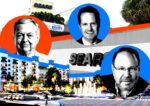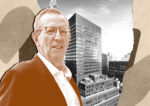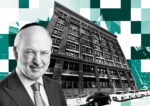 “We’re not sort of in — we’re all in:” A look at Ken Griffin's plans to reshape Miami
“We’re not sort of in — we’re all in:” A look at Ken Griffin's plans to reshape Miami
Trending
Billionaire Ken Griffin on politics, all things Florida and building a trading room in 5 days
Citadel founder and Miami mayor gushed over each other at first public one-on-one
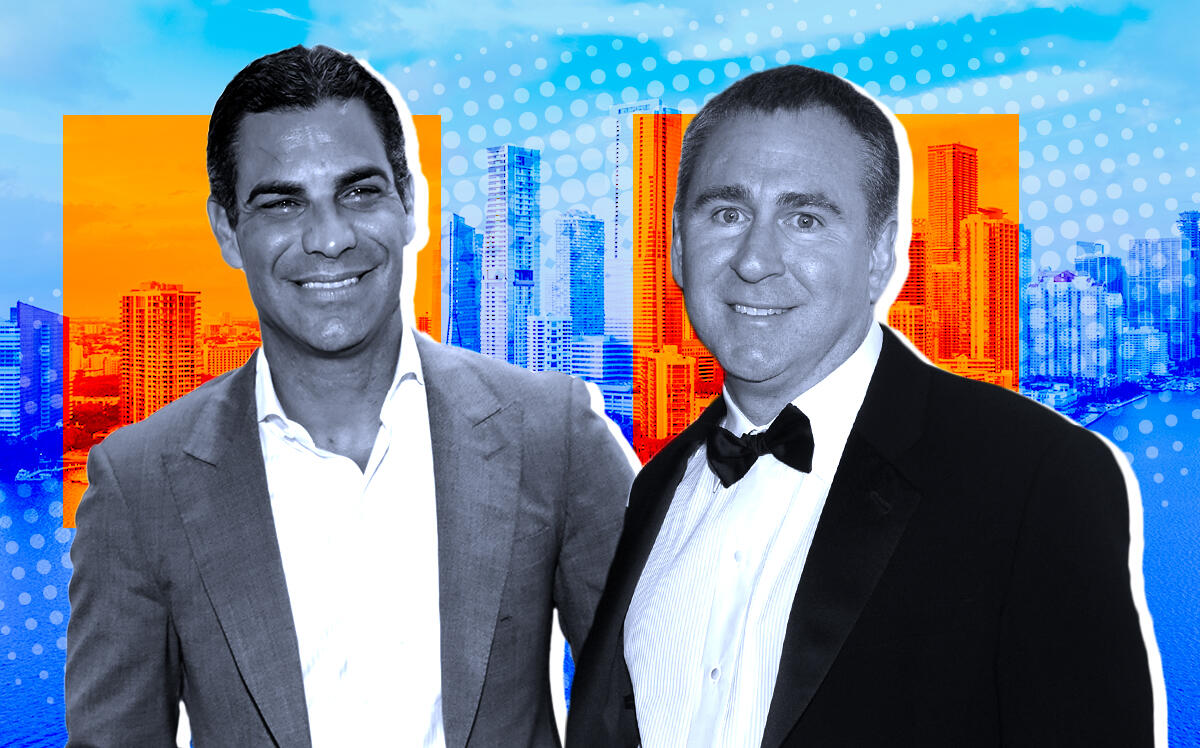
Miami Mayor Francis Suarez lept into economic booster mode when he met with Ken Griffin at Citadel in Chicago, before the billionaire hedge funder decided to move his companies here.
Griffin suggested that he was considering the move. “Ten minutes later, the mayor has Google Maps out and he’s talking about various places that we can build an office tower,” Griffin recounted during a conversation with Suarez at Miami Dade College’s Wolfson campus Monday evening, hosted by the Economic Club of Miami.
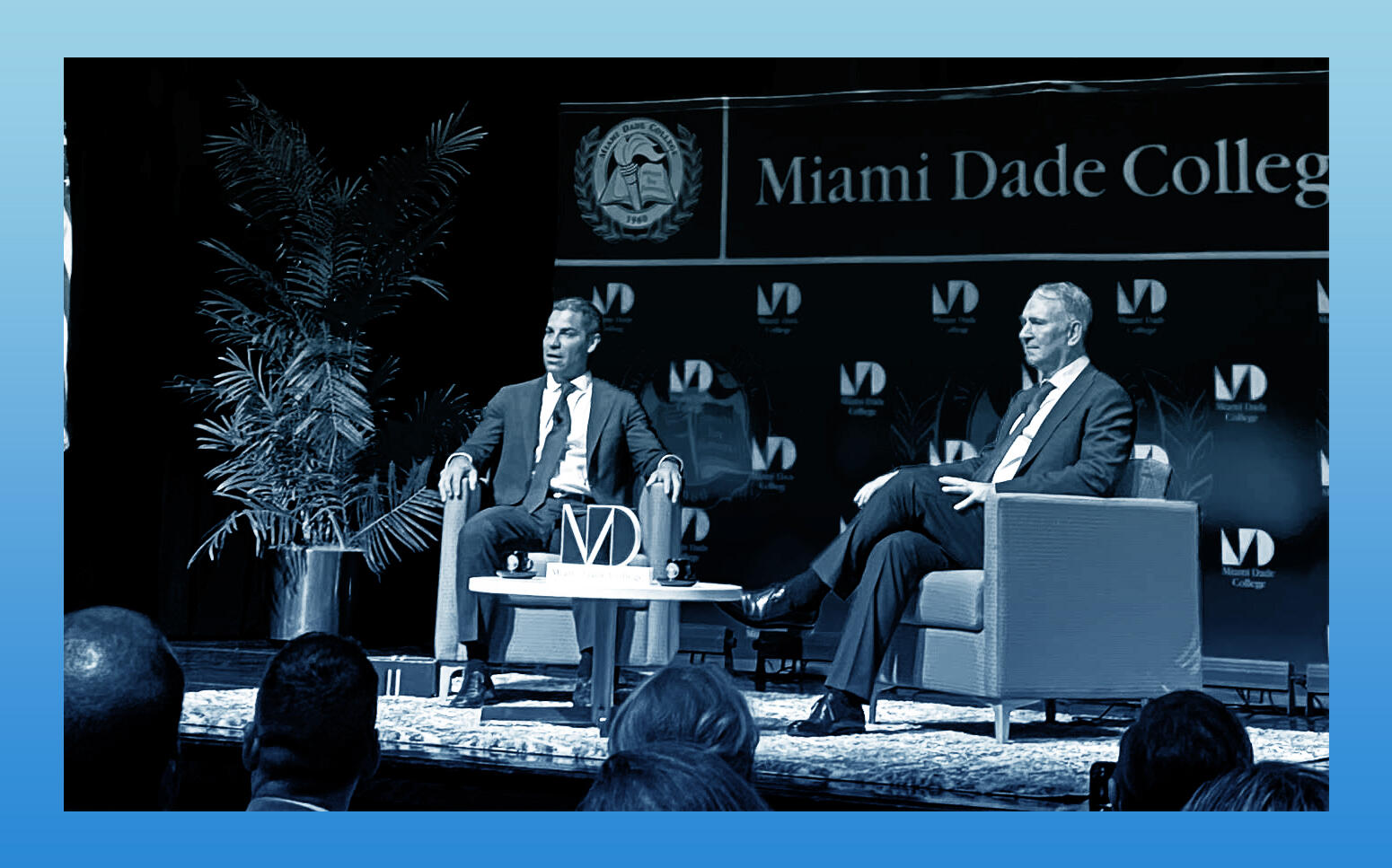
Mayor Francis Suarez and Citadel’s Ken Griffin
Over the course of their 35-minute discussion, which Suarez informally dubbed one of his “Cafecito Talks,” they covered everything from Griffin’s jump into politics to the U.S. competing with countries like China. Griffin ranks as the nation’s third largest political donor this election cycle, having spent nearly $60 million backing federal Republican candidates and campaigns, according to Politico.
Griffin, founder and CEO of Citadel and founder of Citadel Securities, touted Florida’s “pro get-it-done mindset that is lacking in the northern cities,” he told Suarez. This year, he announced he was moving both companies’ headquarters to the Magic City. He has spent roughly $670 million on commercial real estate in Brickell, where Citadel tapped Sterling Bay to build a $1 billion bayfront office tower. (Griffin partially grew up in South Florida, attending school in Boca Raton, he said.)
Griffin said that taxes — or the lack of a state income tax — were “not part of our decision to come to Florida.”
Read more
 “We’re not sort of in — we’re all in:” A look at Ken Griffin's plans to reshape Miami
“We’re not sort of in — we’re all in:” A look at Ken Griffin's plans to reshape Miami
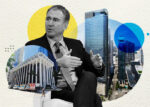 Mapping out Ken Griffin’s Miami shopping spree
Mapping out Ken Griffin’s Miami shopping spree
 Ken Griffin buyer of Adrienne Arsht’s $107M estate: sources
Ken Griffin buyer of Adrienne Arsht’s $107M estate: sources
Suarez and Griffin touched on historic inflation, rising interest rates, Russia’s war in Ukraine, supply chain issues, and what Griffin called “ultra loose monetary policy that was in many respects, rightfully used” earlier in the pandemic. They talked about the need for the U.S. to maintain its status as a global competitor.
Griffin called U.S. energy policies “perplexing.”
“I do not understand why you would want to buy oil in Venezuela when we can produce it,” he said, drawing applause from the audience, which included Cervera Real Estate Managing Partner Alicia Cervera Lamadrid. (The Biden administration is considering easing sanctions against Venezuela, NPR reported last month.)
Griffin also spoke at length about investing in public education and donating to local nonprofits, including a $5 million gift to Miami Connected that provides internet access to children in Miami-Dade County. He was critical of a push from principals to unionize in Chicago, and praised Florida’s focus on what he called “delivering traditional American values.” Griffin recently said he would back Gov. Ron DeSantis if he chooses to run for president in 2024.
He was also disapproving of the “deluge of bureaucracy” in the “northern cities” that can kill the entrepreneurial spirit.
“It’s such a contrast to be here in South Florida,” he said.
Early in the pandemic, Citadel Securities operated its trading room in the ballroom at the Four Seasons Palm Beach. (Griffin has spent hundreds of millions of dollars on Palm Beach residential properties over the past decade.)
Griffin said it took the firm five days to become fully operational, building a trading floor “that could literally handle the entire U.S. equity market.” To complete the buildout, workers “literally shot rockets through pipes” to connect to the internet with enough bandwidth. He compared the feat to the construction of the Hoover Dam in the early 1930s.
“There were 200 people there 24 hours a day,” Griffin said, referring to the buildout of the temporary Palm Beach space. “I took my son to witness this happening, because to me, it was reminiscent of when this country just strove for greatness. … In Chicago, it takes five years to build a bike overpass.”

